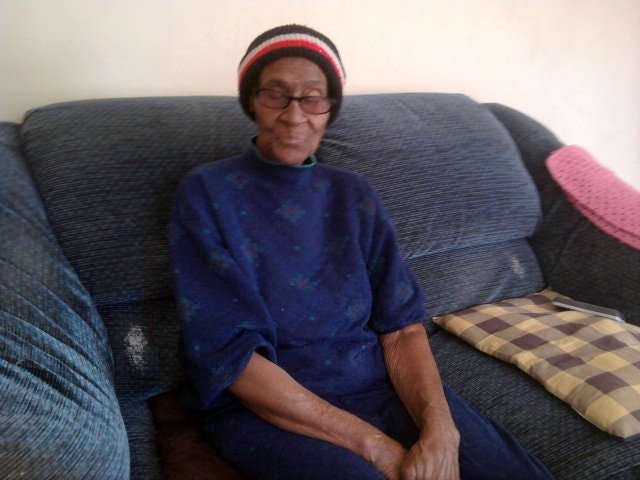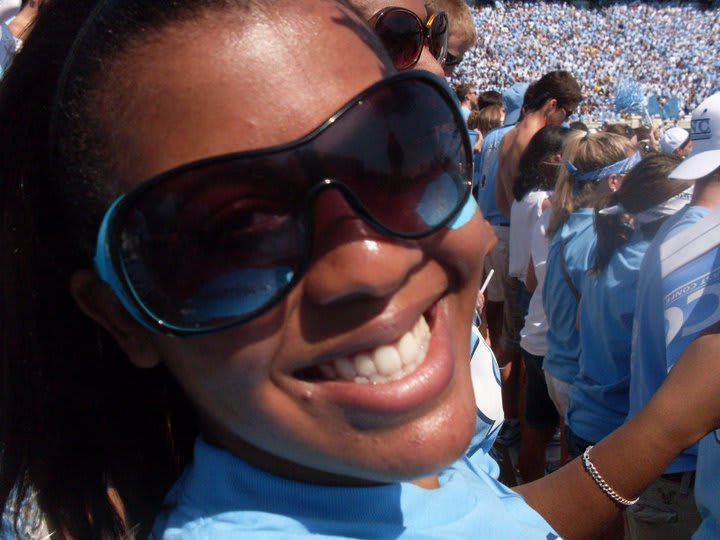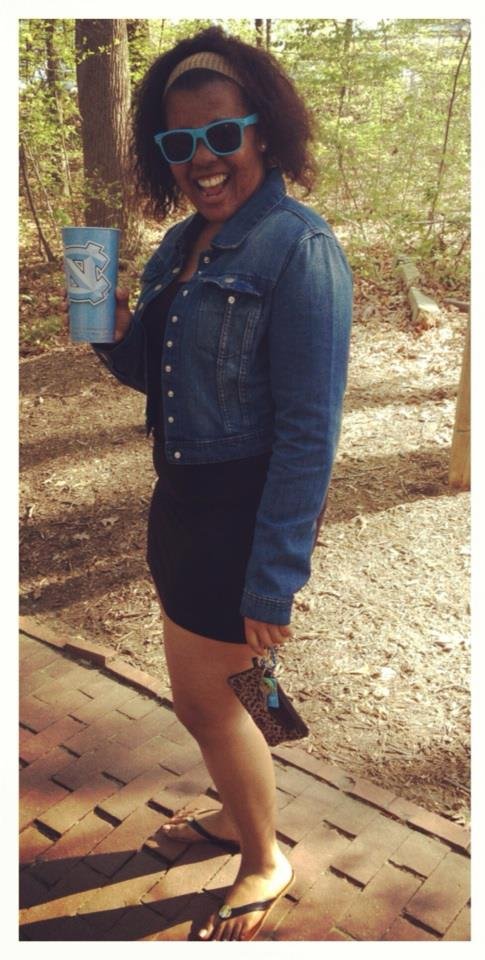Now I See Myself, 2010-2015
Part 1 of 4,000 Days of Juju
The earliest moment in my camera roll is a video of my great-grandmother, Muss, playing with my uncle’s dog, Logan. The sun was shining and, in her typical late-day fashion, Muss was laying across the navy-blue loveseat situated directly in front of the living room window. Logan was relentless about playing tug and, soon, she got her wish.
I had a feeling that Muss wouldn’t be with us much longer and, while I sat watching her wrestle with Logan, I realized that I didn’t have anything preserving the grandeur of her voice. Muss didn’t talk much during her bout with Logan, but she said enough for me to remember what she sounded like on days I forget.
Muss!
The video also features the thick North Carolina accent I had when I was younger. My drawl, as viscous as molasses and always a bit nasally, stayed with me during my freshman year at Carolina and left me as I aged. I heard it for the first time when I played the video in June. (I still can’t hear the North Carolina accent when other people talk though, which is weird and maybe symbolic of how much I can scrutinize myself.) It’s a signal of how far I’ve traveled from it, from Lexington, and from who I was when I was 19.
record scratch Yep, that’s me.
If I remember correctly, this is the entirety of the human digestive tract from esophagus to … the end!
At Carolina, I documented every aspect of my life. I’d never been away from Lexington or my family, and everything excited me. Beauty existed all up and through the mundane: the graffiti adorning the pathway behind my freshman dorm, the quad, my new friends, and packed football stadiums. I was awed by my new world and how different it was from the home from which I’d ventured.
My first football game. I had skin discoloration patches where that face paint was. I’ll never forget it because I was pissed.
Alice and Mad Hatters.
This was not the flex I thought it was, and I’m glad I can admit that now.
That time was equally defined by anger and sadness. As a kid, I was on the receiving end of comments from the surrounding adults that I didn’t deserve. I mimicked that lashing out as I got older, and I took the bulk of that frustration out on myself—judging my body, overanalyzing everything I said, and being standoffish toward people who tried to get close to me. The roughness served me when I was working my way into journalism. What I didn’t anticipate was that storytelling would help ease the anger I carried around inside.
This is from the inside of a bathroom stall.
Mellow Mushroom and me.
Another football game.
A Libra in her natural habitat.
On one assignment in New Orleans, while I was attending the NYT institute, I went to Tulane and interviewed Dominique, a custodian at the university, about the social invisibility of service workers. I’d had the idea for years. It came to me as I was sitting in Carolina’s largest dining hall, watching the staff clean tables and floors as students brushed pass them without acknowledging their presence. I wanted to see them, and to see Dominique, because I’d always felt as though no one saw me. It was a complicated piece, however, since I didn’t want to assume how she felt. But, still, I extended the compassion I’d felt like I’d never received. And she told me a beautiful, yet sad, story about her life.
I’ve continued to give the people I interview the attention and grace I’d wanted. The universe reciprocated with more visibility than I could have ever imagined. (And more than I, honestly, desired.)
It’s remarkable how, through my effort to see others, I began to see myself …










